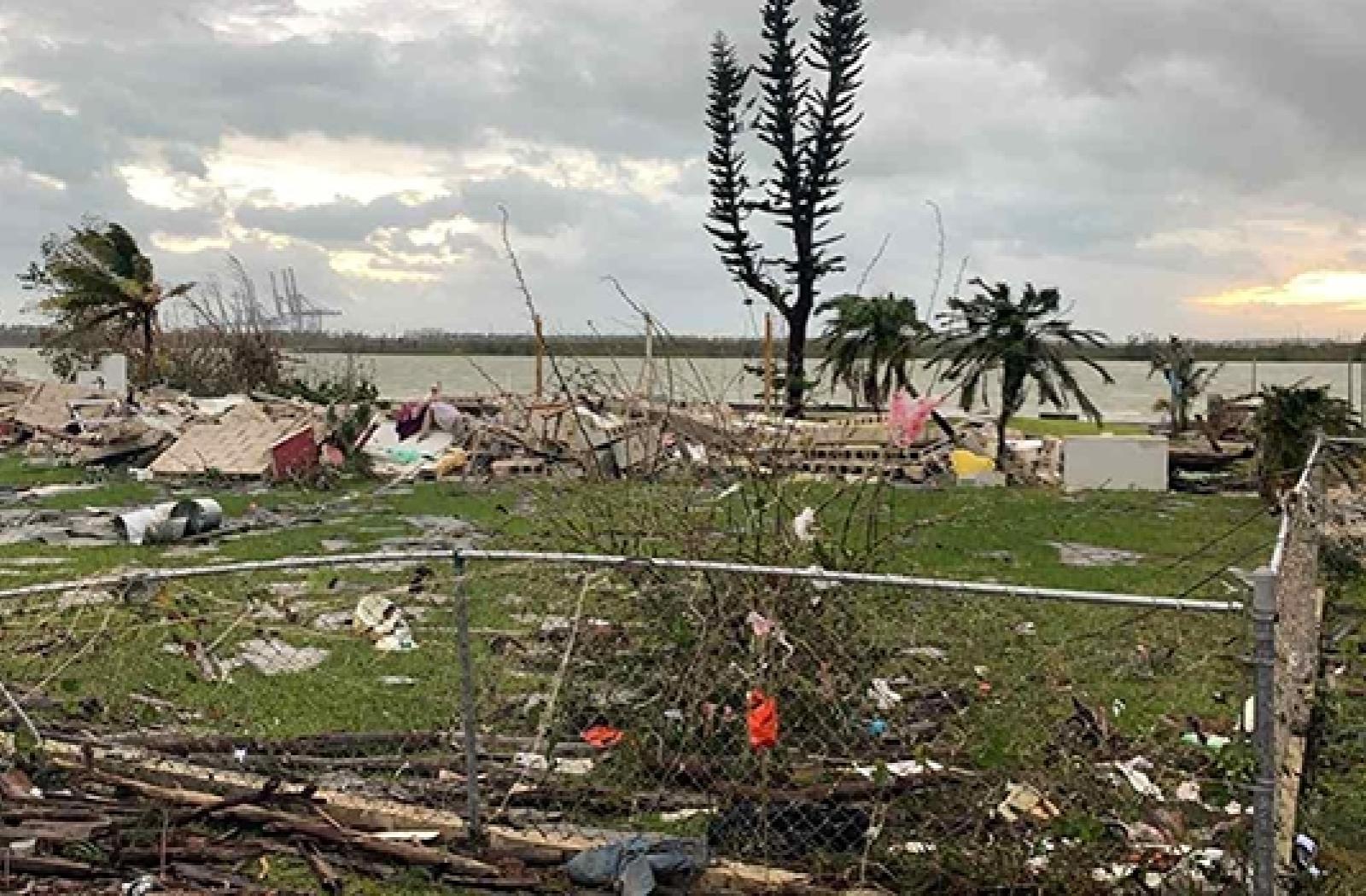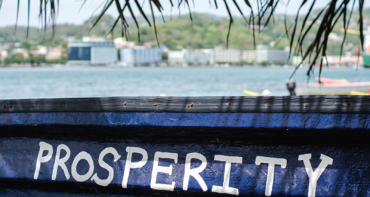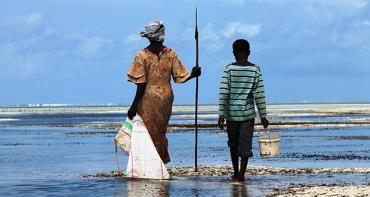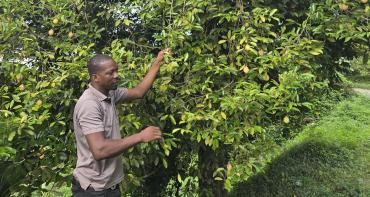Personally, as a Bahamian, I thought I knew hurricanes. We all thought we did. Having lived through seven of them since 2000, we had a knowledge that came from hard-learned lessons. We thought we knew how to prepare, how to respond, and how to rebuild. Professionally, I know about the development challenges of small states. At the Commonwealth, we have researched, studied, and calculated their vulnerability.

What I thought I knew
Personally, as a Bahamian, I thought I knew hurricanes. We all thought we did. Having lived through seven of them since 2000, we had a knowledge that came from hard-learned lessons. We thought we knew how to prepare, how to respond, and how to rebuild.
Professionally, I know about the development challenges of small states. At the Commonwealth, we have researched, studied, and calculated their vulnerability. We know that small states are more prone to economic and environmental shocks. We have articulated their human and financial constraints. We have advocated time and time again for international recognition of their vulnerability and for increased access to concessional finance to help them address their challenges.
Despite all this knowledge, I never dreamt that my personal and professional experiences would collide in such a gut-wrenching way. My personal familiarity with hurricanes did not prepare me for the devastation that Dorian unleashed. I did not expect the sea to engulf 70 per cent of my island, flooding the hospital where I was born and the schools and church I attended; destroying my friends’ and family’s homes and businesses. I never thought I would receive desperate messages pleading for rescue from friends who had crawled into their ceilings to escape the rising waters in their homes. I never expected that whole families would perish – young, old, and in-between; men and women alike. In my professional experience, The Bahamas was not a major focus for our advocacy efforts. There was an assumption that the country’s high GDP per capita would shield it from harm, and provide it with the resources to handle any challenge. But Hurricane Dorian drove home The Bahamas’ vulnerability and showed that despite our high income, we are not immune to the challenges of small states. In fact, GDP per capita counts for little in the face of a ferocious natural disaster.
What I know now
Despite our high income, The Bahamas’ challenges as a small state are being exposed and will make the long road to recovery difficult. Our small population means that the government has limited human resources to handle a catastrophe of this scale on two islands at the same time. We have close-knit communities and we tend to know people directly affected by the tragedy, which makes the work difficult to bear emotionally. Bahamians who were not directly affected are still heartbroken over the loss. And survivors are traumatised. “When I close my eyes, I just see water” a friend said. We are still counting the costs, and the final death toll is yet unknown.
Like many small states, The Bahamas’ economy is largely driven by a single industry – tourism. While many hotels on Abaco and Grand Bahama were destroyed by Dorian, I fear that tourists may not understand The Bahamas’ geography and stop visiting my country altogether. Furthermore, Abaco and Grand Bahama had successfully branched into other industries (agriculture and transhipment respectively), but those developments are also victims of the hurricane.
Like many small states in the Caribbean, The Bahamas has high debt levels. That debt is likely to increase as the government borrows money to kick-start the long recovery process. Shortly after the hurricane made landfall the government activated a $100 million loan from the Inter-American Development Bank. However, with some estimates putting the damage at $3 billion, that loan is a drop in the bucket. Next month Commonwealth Finance Ministers meet in Washington DC to discuss how countries like The Bahamas can avoid spiralling into unsustainable debt. Solutions won’t be easy to find - many experts predict the world is on the verge of another debt crisis.
Bahamas Strong
Of course the flip side of a small state’s vulnerability is its resilience. I also thought I knew resilience. My perspective of resilience was academic. It was about the policies the government put in place to help a country bounce back from a shock. Dorian showed me a new perspective of resilience – a people-driven resilience.
I am beyond honoured to know some of the people who left the relative safety of their homes in the middle of a raging category 5 hurricane to rescue neighbours – some friends, some family, some strangers. They are resilient. They are Bahamas Strong.
Private citizens of Grand Bahama organised searches for the missing. They set up relief distribution. They fed, sheltered, and clothed displaced people. The Bahamian diaspora around the world activated their networks to drive donations of money and relief supplies to The Bahamas. They are resilient. They are Bahamas Strong.
Many Bahamians are committed to rebuilding – their homes, their schools, their churches, their communities. In spite of the loss. In spite of the apparent helplessness. They are resilient. They are Bahamas Strong.
I am extremely proud of the people of my country who are determined to survive and to thrive. I am overwhelmed with gratitude for the outpouring of support from every corner of the world to help The Bahamas to recover and rebuild. We are all Bahamas Strong.



